‘Black is the Color of My Voice’ takes us on a compassionate, celebratory journey through the life of Mena, a black woman who uses music as a constant source of inspiration and strength. Paralleling the life of Nina Simone, Mena experiences pain, love, and rises to fame under the spotlight with her songs to become the voice of the Civil Rights Movement.
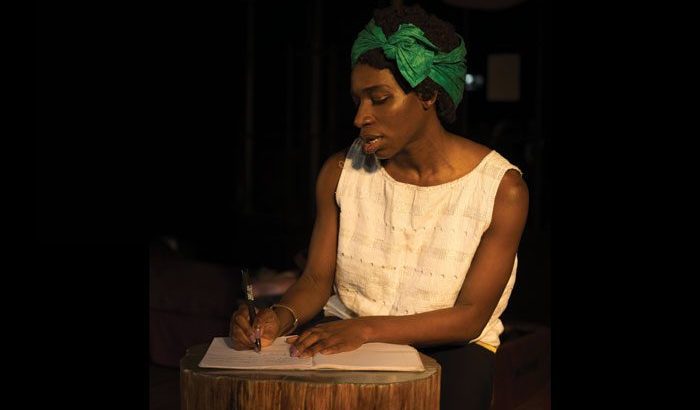
Black is the Color of My Voice Apphia Campbell
An Edinburgh Fringe Festival show review
Feminist:
Quality of performance:
Entertainment:

Apphia Campbell as ‘Mena Borduex’
‘Black is the Color of My Voice’ takes us on a compassionate, celebratory journey through the life of Mena, a black woman who uses music as a constant source of inspiration and strength. Paralleling the life of Nina Simone, Mena experiences pain, love, and rises to fame under the spotlight with her songs to become the voice of the Civil Rights Movement.
The show discusses class, race, and gender, how those intersect, and its emphasis on the empowerment of women (specifically black women) is fantastic. Additionally, it offers a genuine perspective on the rage that oppression and prejudice can evoke, how it can make you feel ugly and desperate, and how it is possible to continue despite all the odds attempting to persuade you otherwise. I was grateful for that, and the way in which the show challenged ideas of ‘moral high-ground’, of just waiting out the harm and fear and hoping it eventually dissolves. Feminism is a fight, and Mena is unafraid to use her words to enter it.
It goes without saying that this one woman show is nothing short of brilliant, and Apphia Campbell easily captures the audience with her incredible voice and intimate performance. She’s not only Mena, but her parents, lovers, and the crowd, flitting between each identity with ease so that each new character feels familiar. Her songs are moving, her acting is precise, her smile warm and her emotions felt strongly within us spectators, and it is overall a wonderful piece.
The show tackles difficult themes such as domestic abuse and racism, and is therefore not necessarily ‘entertaining’ in the same way that a game show or a comedy panel might be, but to suggest that including those themes in some way detracts from the sense of fulfilment, satisfaction, and pathos that this show provides would be unjust. Entertainment does not necessarily mean light-hearted, but engaged and provoked. As such, it is impossible to look away when Mena sings. The narrative runs along smoothly, the atmosphere is inviting, and the performance itself is gripping – which allows for a thoughtful, impressive meditation on how to establish and maintain our identities when they are threatened.
Despite the sometimes distressing content of the show, the pure delight and appreciation for the power that music is a vehicle of is undeniable. It is clear that, no matter what hardships Mena faces, her music is her weapon, her shield, and her truest love. It is a privilege to be invited to see her shine.

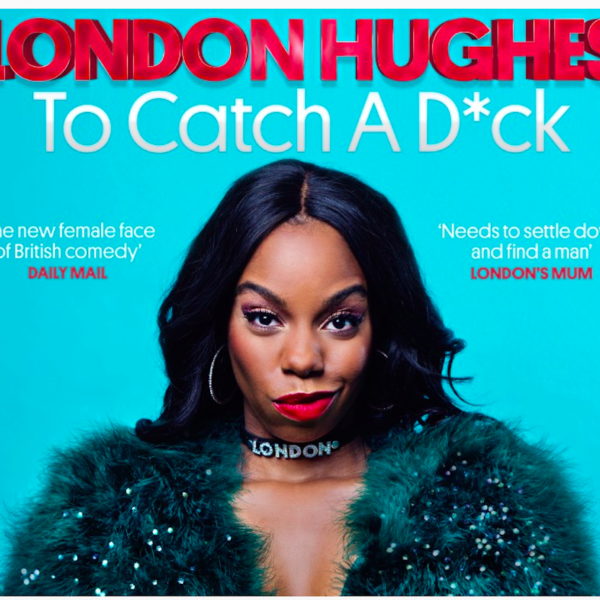
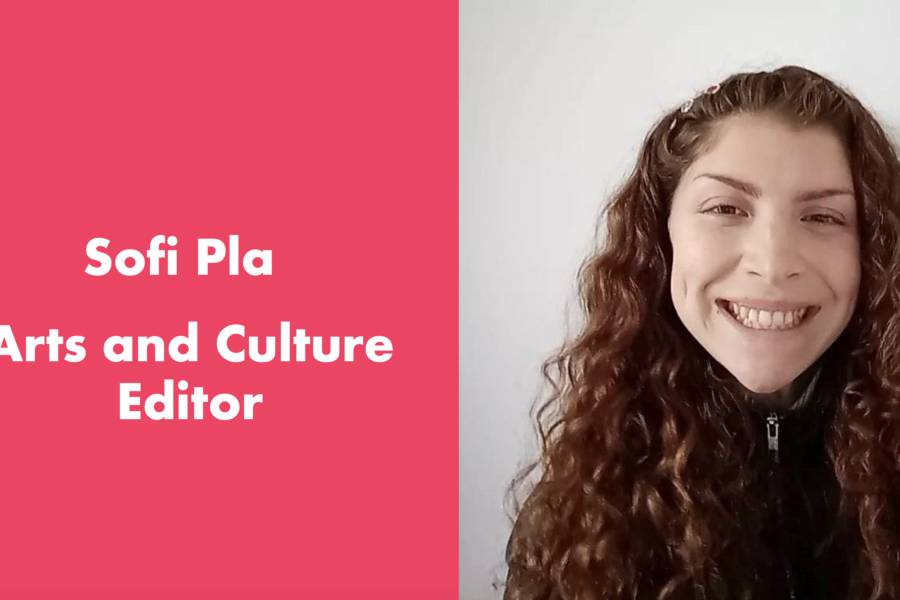
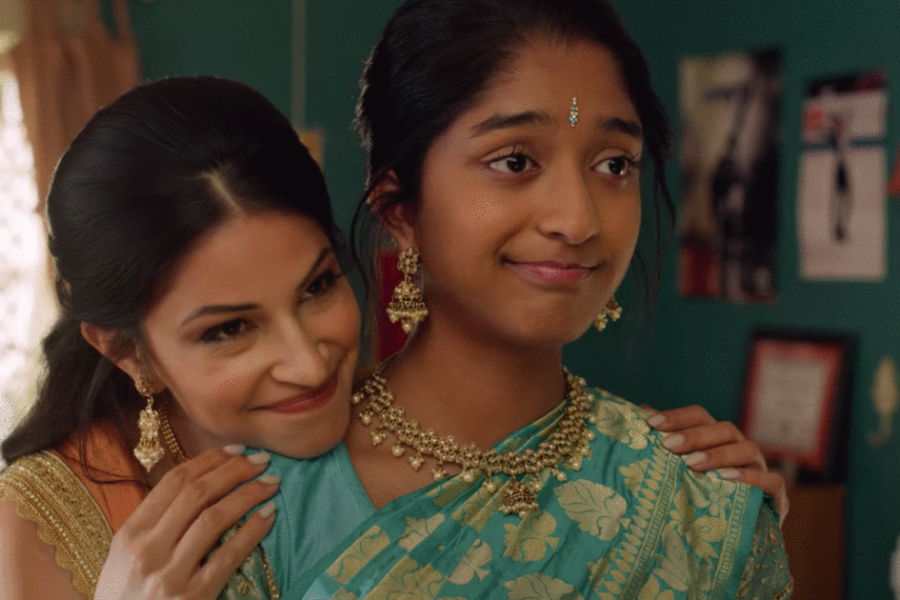
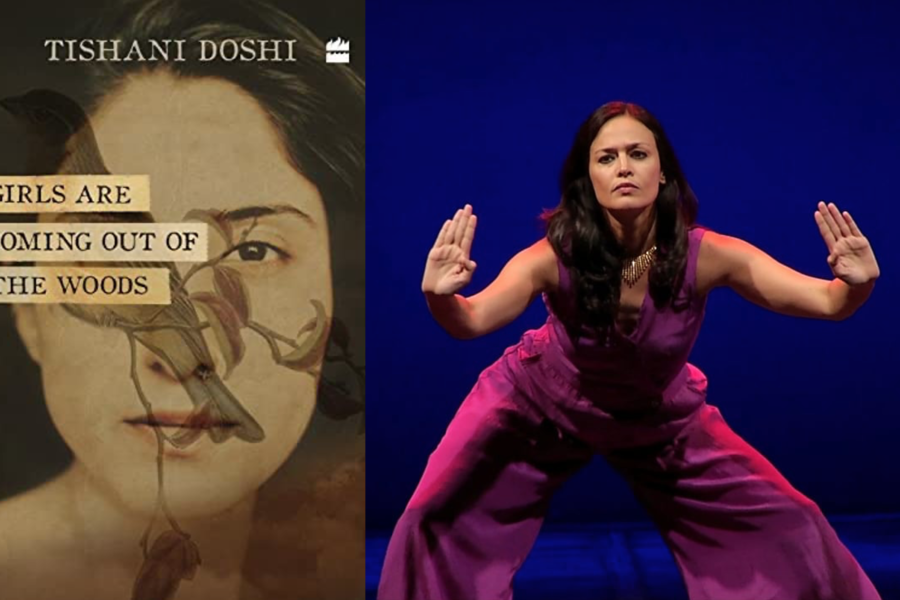
Leave a Comment